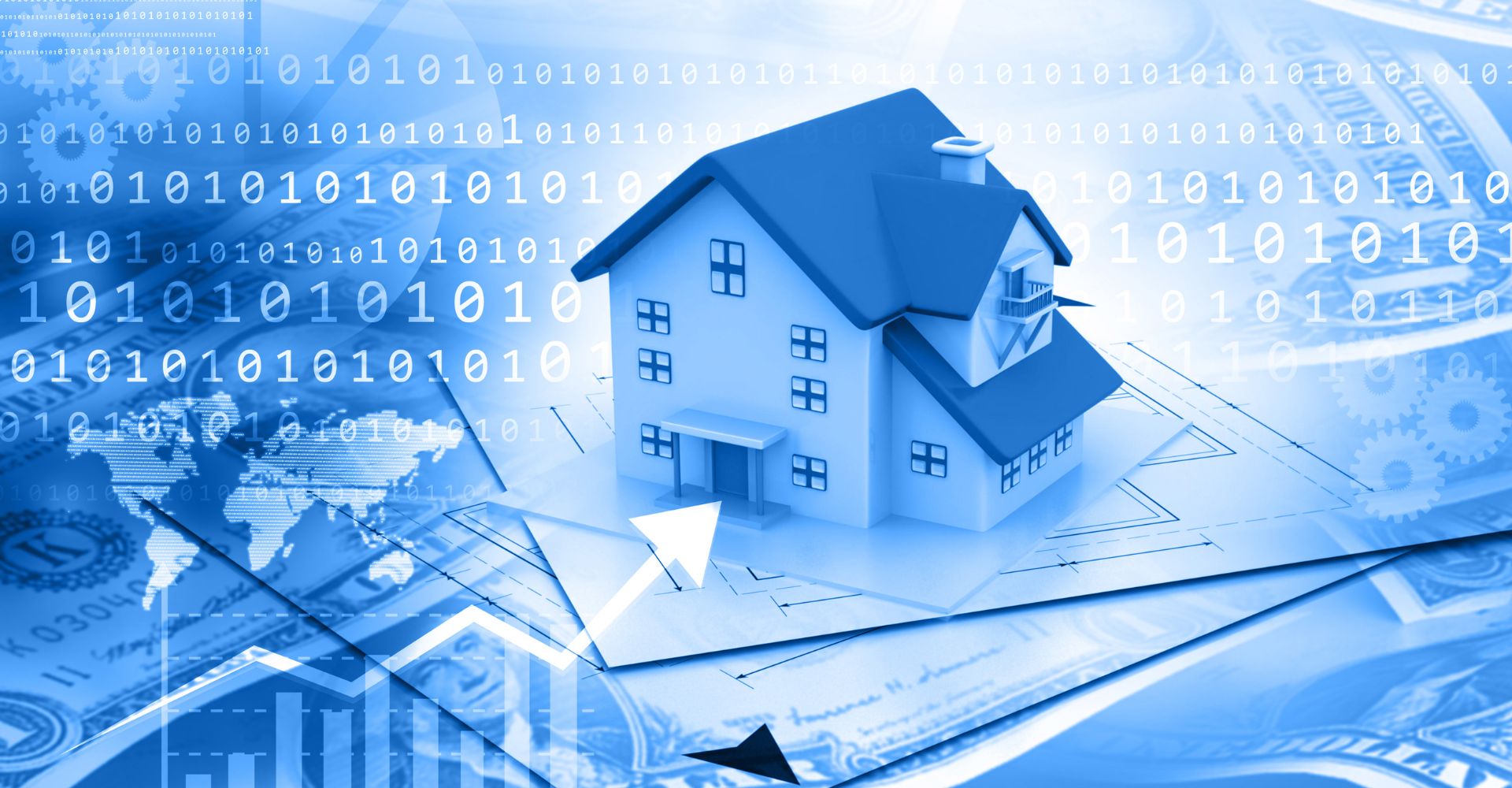Selling your home is a significant financial transaction, and the ultimate goal is to maximize home selling profits.
In this comprehensive guide, we will explore the strategies and steps you can take to ensure you sell your house for the most money possible.
From preparing your home for sale and setting the right price to effective marketing, negotiation, and understanding legal and financial considerations.
This guide will equip you with the knowledge and tools you need to succeed.
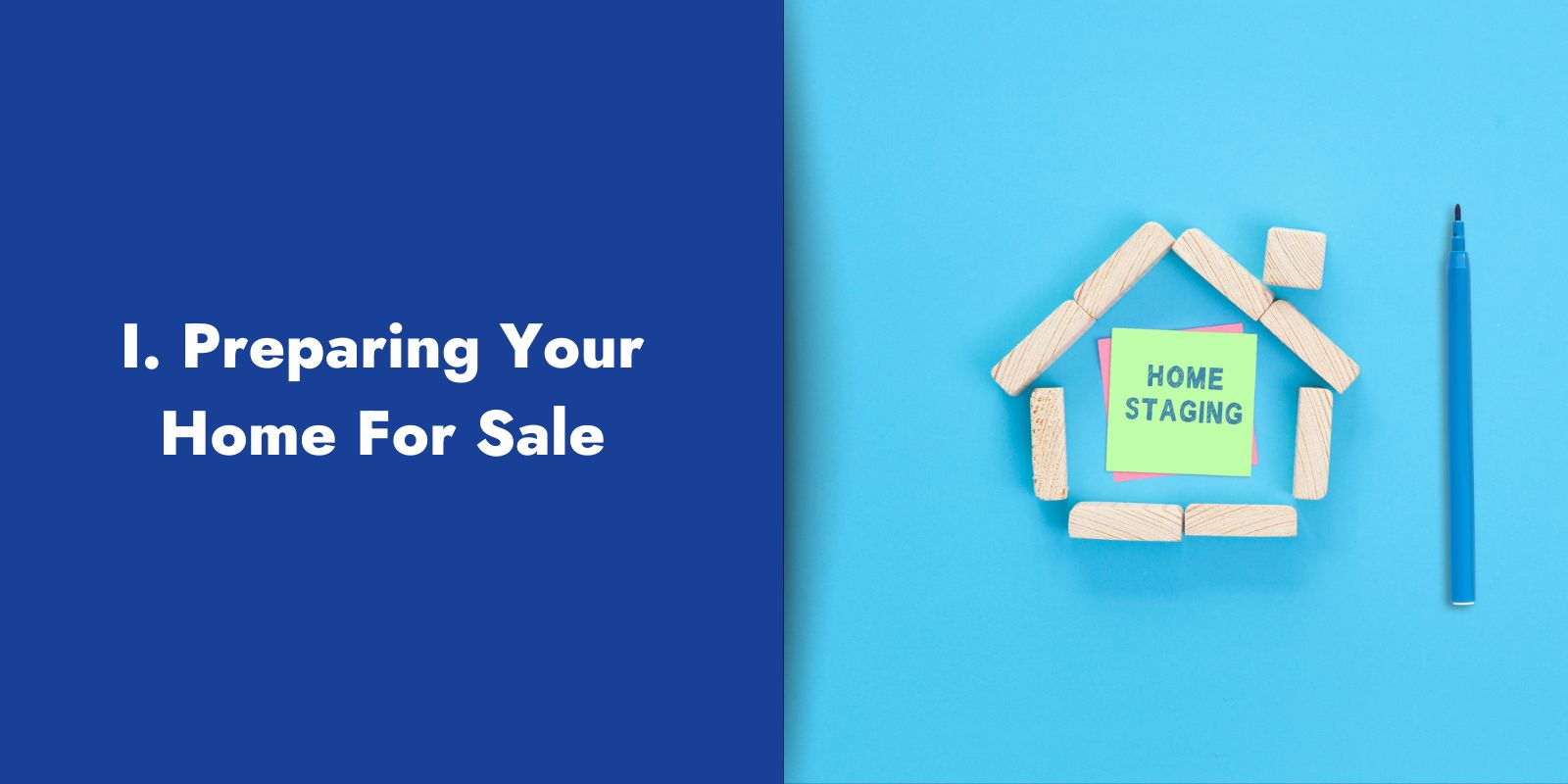
I. Preparing Your Home for Sale
Before listing your home, it’s essential to prepare your home for sale and make it as appealing as possible to potential buyers.
This not only helps sell your house quickly but can also increase its selling price.
A. Curb Appeal: Making a Great First Impression
Enhancing your home’s curb appeal is the first step in attracting potential buyers.
A well-maintained exterior can significantly impact a buyer’s first impression.
- Start by manicuring the lawn, trimming bushes, and adding fresh mulch.
- Consider repainting your front door to create a welcoming entrance.
- Proper outdoor lighting can add a touch of elegance to your home’s exterior.
Small investments in landscaping and exterior improvements can yield substantial returns by making your home more inviting and attractive to prospective buyers.
Approximate Cost: $200 – $500 for landscaping and minor exterior improvements.
B. Interior Staging: Creating an Inviting Atmosphere
Interior staging focuses on transforming the interior of your home to make it more appealing to potential buyers.
Professional stagers can help:
- Rearrange furniture to maximize space.
- Choose neutral color schemes to create a sense of calm.
- Strategically place decor and accents to highlight your home’s best features.
Staging creates an emotional connection between the buyer and the space, helping them envision themselves living there.
It’s an investment that can pay off handsomely by making your home stand out in the market and potentially increasing its sale price.
Approximate Cost: $500 – $2,000 for professional staging services.
C. Minor Repairs and Upgrades
Addressing minor repairs and upgrades is essential to present your home in the best possible light.
Leaky faucets, loose cabinet handles, or squeaky floors may seem insignificant, but they can create negative impressions on potential buyers.
- Replace worn-out carpets.
- Fix any electrical or plumbing issues.
- Ensure that all appliances are in good working order.
These relatively small investments can improve the overall condition of your home, making it more appealing and potentially increasing its value.
While above we went over items you should fix or repair, there are also areas that aren’t worth the time and effort of repairing.
To learn more, check out our guide on What Not To Fix When Selling a House.
Approximate Cost: $1,000 – $5,000 for minor repairs and updates.
D. Declutter and Depersonalize
A cluttered and overly personalized home can be a turn-off to buyers.
- Remove personal photos, excess furniture, and knick-knacks.
- Clear out closets and storage spaces to showcase their full potential.
A clean, clutter-free environment allows buyers to imagine their belongings in the space and increases the perceived size of the rooms.
While decluttering may not have a direct cost, you might need to invest in storage solutions or a temporary storage unit to keep your belongings during the selling process.
For more tips, check out our list of Seller Home Cleaning Tips.
Approximate Cost: Minimal, but investing in storage solutions or a temporary storage unit may be necessary.
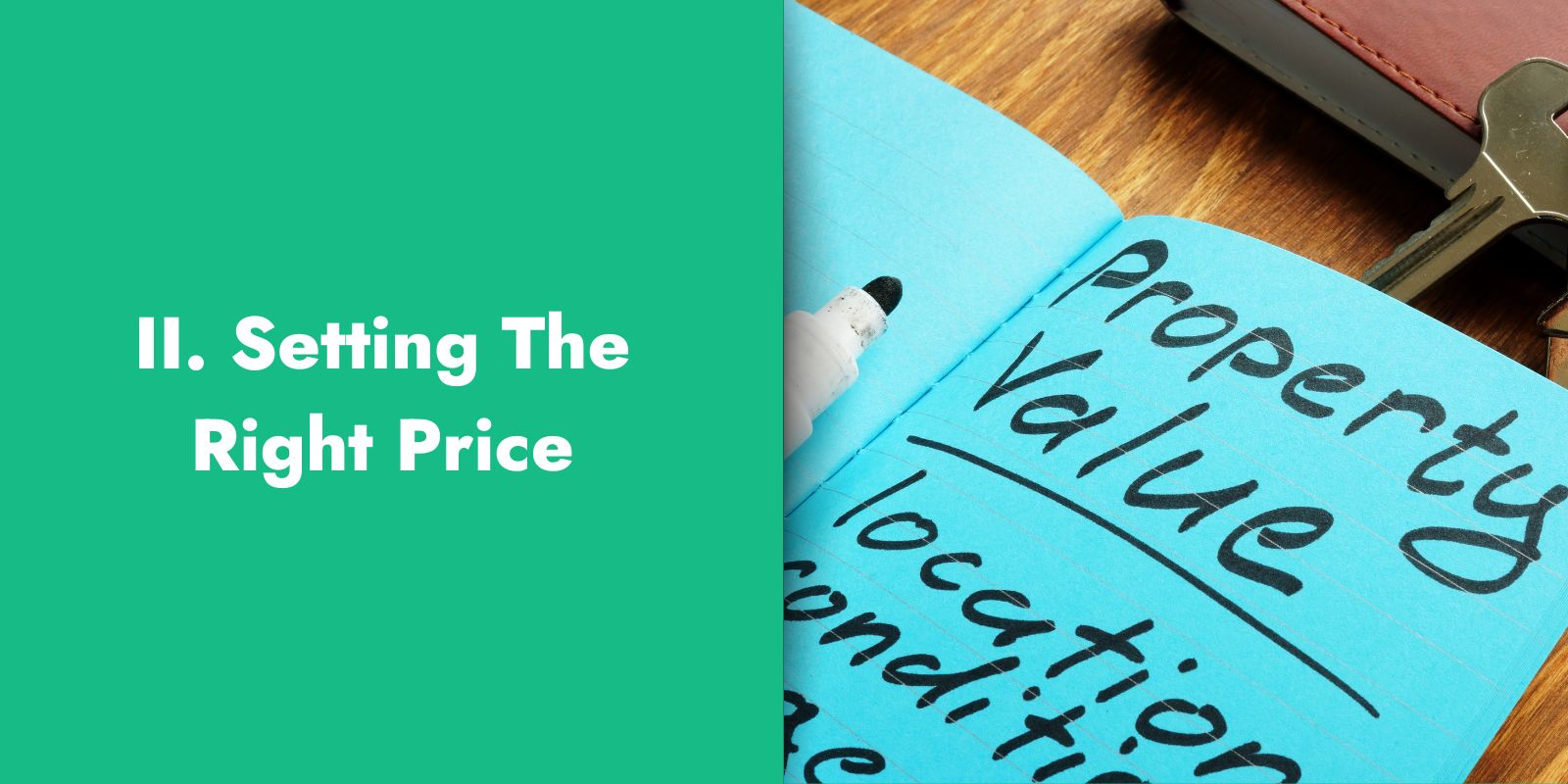
II. Setting the Right Price
Determining the right price for your home is crucial to maximize home-selling profits.
Pricing too high can deter buyers, while pricing too low can leave money on the table.
A. Market Research: Understanding Your Local Real Estate Market
Thorough market research is the foundation of setting the right price for your home.
Analyze recent real estate trends in your local market and study comparable sales (comps) of homes similar to yours.
Pay attention to factors such as:
- Location
- Size
- Condition
- Amenities
By understanding the market, you can position your home competitively to attract potential buyers.
Keep in mind that overpricing your home can lead to it languishing on the market, while underpricing may leave money on the table.
B. Consult a Real Estate Agent
Collaborating with a knowledgeable real estate agent can be invaluable when determining the optimal price for your home.
Experienced agents have access to comprehensive market data and can provide insights into local market conditions.
They can perform a comparative market analysis (CMA) to assess the value of your property based on recent sales and current listings.
Working with an agent ensures that your pricing strategy aligns with market realities, increasing the likelihood of a successful sale.
C. The Art of Pricing Strategies
Choosing the right pricing strategy is essential for attracting buyers and being able to maximize home-selling profits.
Competitive pricing involves pricing your home slightly below market value to generate multiple offers and create a sense of urgency among buyers.
Pricing at or slightly above market value leaves room for negotiation while signaling to buyers that your home offers value for the asking price.
Ultimately, the pricing strategy you select should align with your goals and market conditions.
An experienced real estate agent can help you determine which approach is best for your situation.
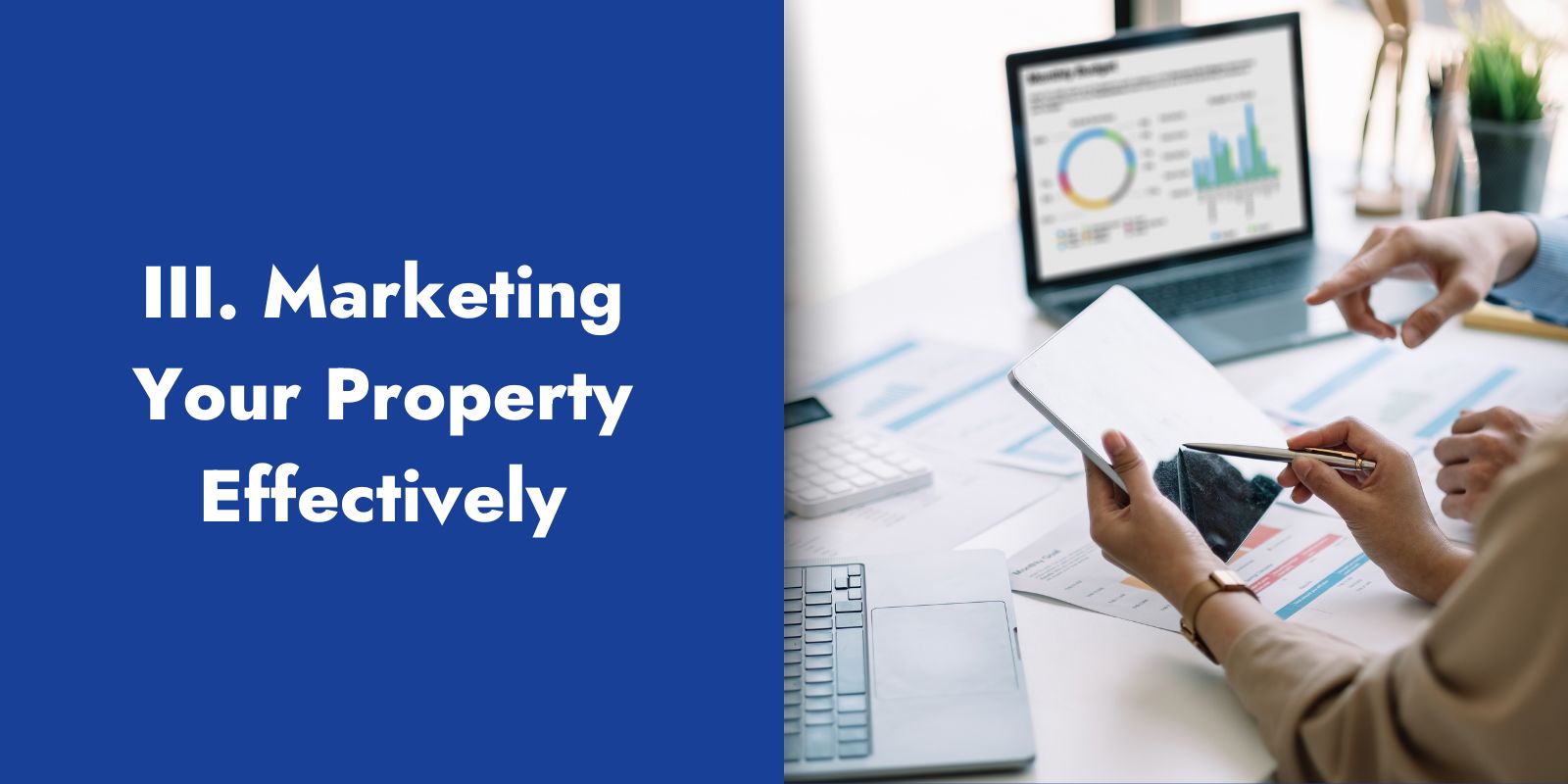
III. Marketing Your Property Effectively
Once your home is ready and priced right, it’s time to market it effectively to reach a wide audience of potential buyers.
A. Professional Photography
Investing in professional real estate photography is a crucial aspect of effective marketing.
High-quality photos showcase your home’s features in the best possible light and are often the first thing buyers see when browsing listings online.
Professional photographers know how to capture the essence of your home, highlighting its unique qualities and creating a compelling visual narrative.
Great photos can significantly increase the number of views your listing receives and make a lasting impression on potential buyers.
Approximate Cost: $300 – $500 for professional real estate photography.
B. Online Listings and Virtual Tours
In the digital age, online listings are the primary way buyers search for homes.
Ensure your property is listed on reputable real estate websites with detailed descriptions and professional photos.
Additionally, consider offering virtual tours or 3D walkthroughs.
These immersive experiences give buyers a comprehensive view of your property, allowing them to explore it as if they were there in person.
Virtual tours engage potential buyers and can set your listing apart from others in the market.
Approximate Cost: $150 – $300 for 3D virtual tour services.
C. Traditional Marketing
Traditional marketing methods, such as hosting open houses and distributing print materials, remain effective ways to reach local buyers.
An open house allows prospective buyers to experience your home firsthand and ask questions.
Print materials, like flyers and brochures, provide tangible information about your property that buyers can take home.
While digital marketing dominates today’s landscape, these traditional tactics can still play a valuable role in your overall marketing strategy.
Approximate Cost: Varies, but printing flyers and hosting an open house may cost around $500 – $1,000.
D. Leveraging Social Media
Social media platforms have become powerful tools for real estate marketing.
Share your listing on platforms like Facebook, Instagram, and LinkedIn to tap into extended networks and communities.
Engage your audience by posting high-quality photos, virtual tours, and informative content about your property.
Utilize targeted advertising to reach potential buyers based on their demographics, interests, and location.
Social media provides an additional avenue for reaching a broader audience and generating interest in your home.
Approximate Cost: Minimal, unless you choose to run paid ads, which can range from $50 – $500 or more depending on the budget.
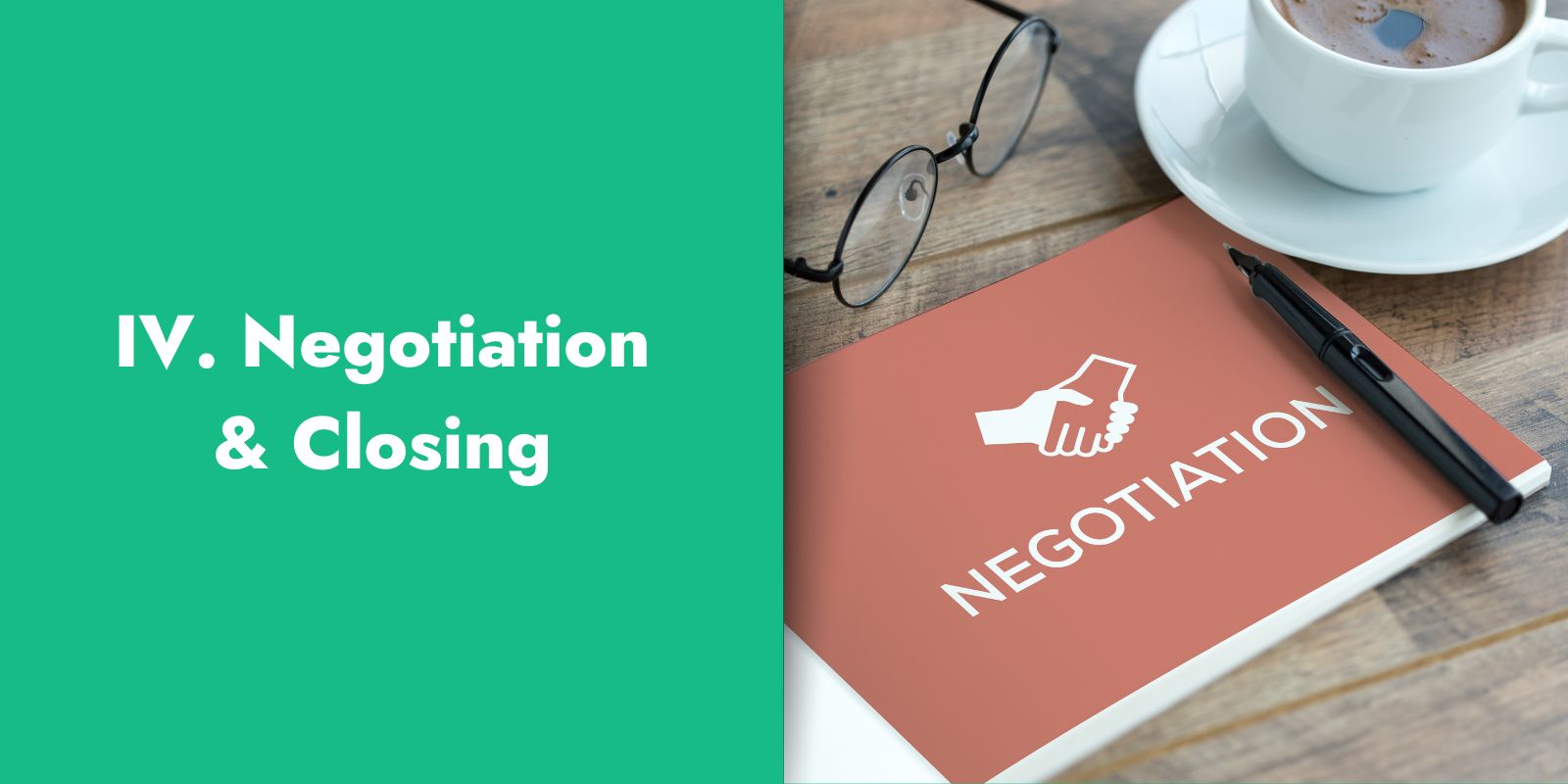
IV. Negotiation and Closing
Receiving offers and navigating negotiations can be challenging, but it’s a crucial phase in the home-selling process.
In order to maximize home-selling profits, you need to be prepared to negotiate the best terms with buyers.
A. Fielding Offers and Negotiating
As offers start coming in, it’s essential to evaluate each one carefully.
Be prepared for negotiation, as buyers may present counteroffers or requests for concessions.
Skillful negotiation can help you achieve a favorable outcome.
Stay open to communication with the buyer and their agent, and be willing to make reasonable compromises when necessary.
The goal is to reach an agreement that satisfies both parties and moves the sale forward.
B. The Importance of a Smooth Closing Process
A smooth closing process is the final step in completing the sale of your home.
Work closely with your real estate agent and the buyer’s agent to ensure all necessary documents are in order.
Be responsive to requests for information and provide any required disclosures.
Attend the closing meeting prepared to sign the necessary paperwork.
A seamless process reduces the likelihood of closing delays or complications and ensures the transaction concludes successfully.
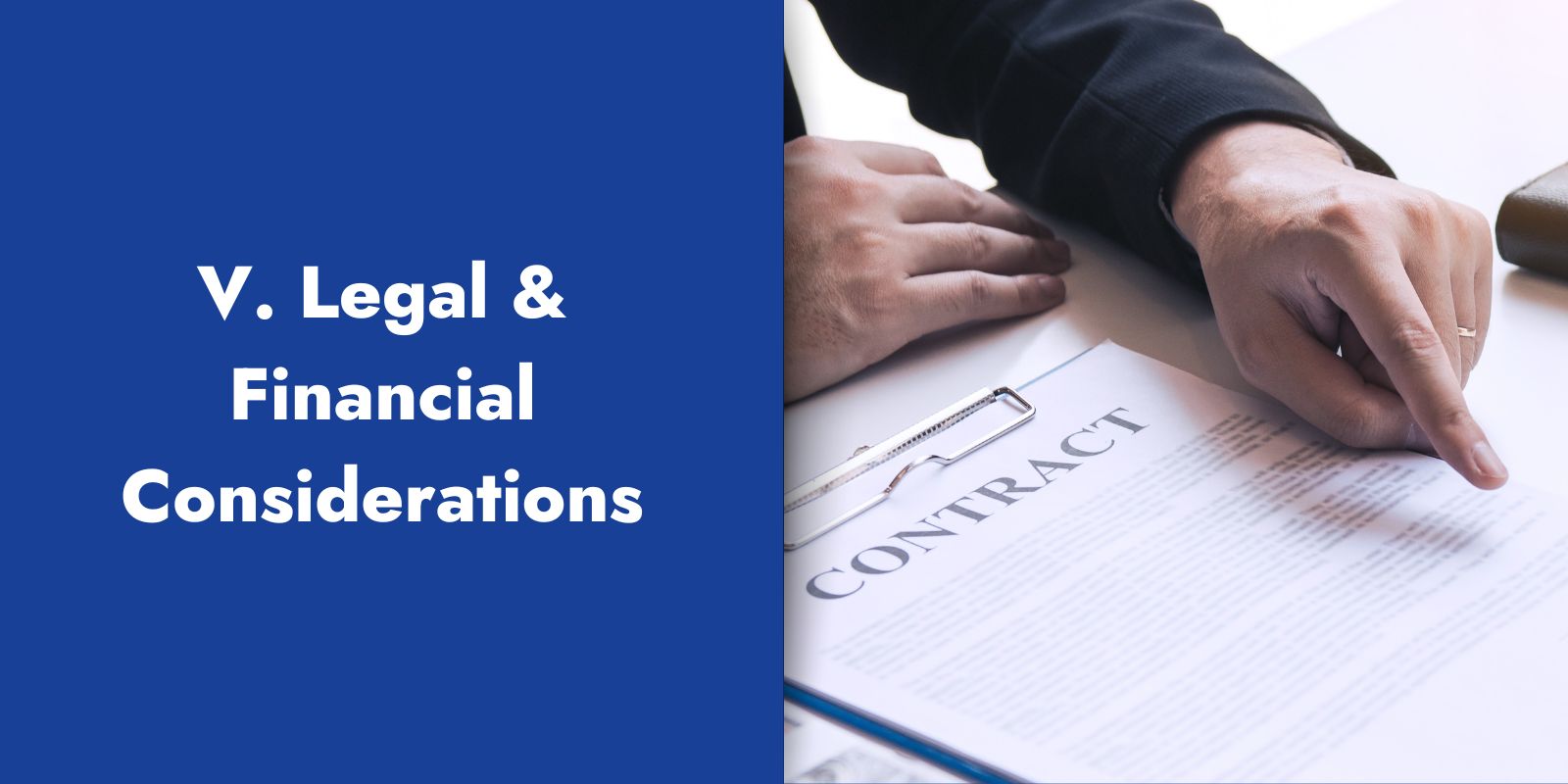
V. Legal and Financial Considerations
Understanding the legal and financial aspects of selling your home is vital to protect your interests and ensure you can maximize home-selling profits.
A. Understanding Contracts and Agreements
Selling your home if often the biggest financial transaction you will make in your lifetime.
Understanding the contracts and agreements involved in the process is crucial to maximize profits and avoid any legal pitfalls.
It can become overwhelming with all the documents that need to be signed, from the real estate contract to the seller’s disclosure statement.
Additionally, some contracts may include contingencies that will require careful navigation before the closing.
Seeking the advice of a knowledgeable real estate agent and or lawyer is highly recommended to ensure no mistakes are made.
By understanding all the contracts and agreements involved, you will gain the confidence to negotiate terms and conditions that fit your needs and expectations.
B. Tax Implications
Selling your home can have tax implications, so it’s essential to be informed about potential tax consequences.
The tax implications can vary based on factors such as the duration of your ownership, the profit from the sale, and your tax filing status.
Consult with a tax professional or accountant to assess your specific situation and explore strategies to minimize your tax liability.
Understanding the tax implications in advance can help you make informed financial decisions throughout the selling process.
C. Closing Costs and Fees
Closing costs and fees are expenses associated with the sale of your property.
They typically include items such as agent commissions, title insurance, escrow fees, and other transaction-related costs.
While some home selling costs are negotiable, others may differ based on location and may vary depending on the specifics of the sale.
It’s essential to review the estimated closing costs with your real estate agent and understand your financial obligations in advance.
This knowledge can help you plan accordingly and potentially negotiate some of the costs with the buyer to reduce your financial burden.
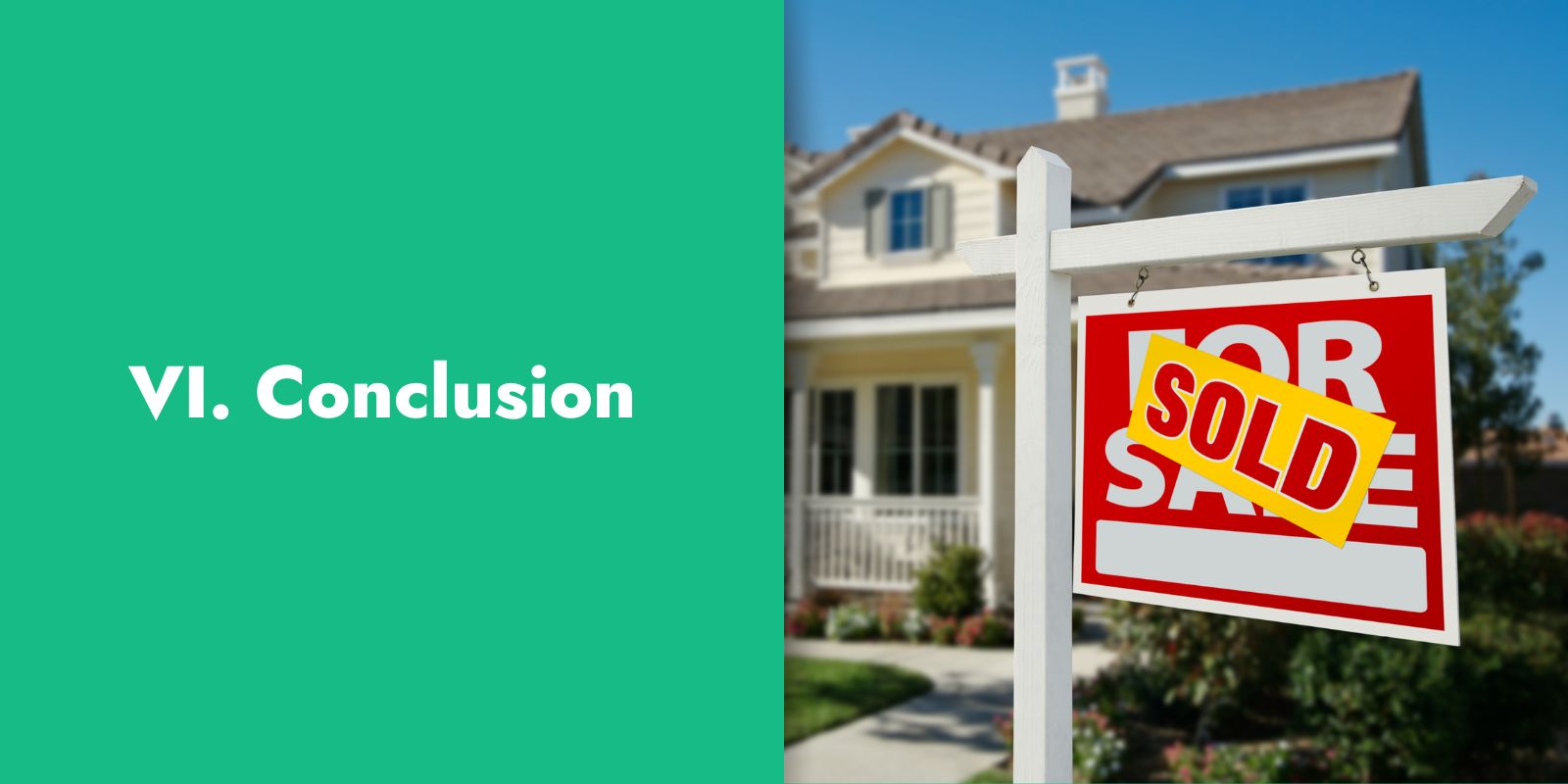
VI. Conclusion: Navigating Your Path to Maximize Home Selling Profits
As you embark on the journey of selling your home, remember that it’s not just about the transaction—it’s about ensuring you maximize home selling profits.
This comprehensive guide equips you with the knowledge and strategies to navigate the home selling process successfully.
With careful planning and execution, you can maximize home-selling profits and achieve a lucrative home sale.
By preparing your home meticulously, pricing it strategically, marketing effectively, negotiating skillfully, and understanding the legal and financial aspects, you’re well on your way to selling your house for the most money possible.
To learn more about how to maximize home selling profits, give us a call at (817) 923-7321 or contact us – our knowledgeable team of advisors is here to help!
Helen Painter Group Realtors is here to offer our expertise when it comes to structuring your real estate contract.
A long-standing and trusted Fort Worth real estate agency, we’ve been serving buyers and sellers since 1958.
With over six decades of success behind us, you’ll surely have peace of mind knowing your best interests are being represented throughout the home-selling process.

VII. FAQ (Frequently Asked Questions)
Q1: Do I need to hire a professional stager?
While it’s not mandatory, professional staging can significantly enhance your home’s appeal and potentially increase its selling price. Consider it if your budget allows.
Q2: What are the key documents involved in a home sale?
Essential documents include the purchase agreement, property disclosure forms, and any addendums or amendments. It’s crucial to understand these documents thoroughly.
Q3: How can I minimize closing costs?
Negotiate with the buyer to share some of the closing costs, and carefully review the closing statement to ensure accuracy.
Q4: What should I disclose to potential buyers about my home?
Be transparent about any known issues or defects, as failing to disclose them could lead to legal trouble down the road.
Q5: Can I sell my home without a real estate agent?
Yes, it’s possible to sell your home without an agent (FSBO), but it can be more challenging and time-consuming. Consider your comfort level with the process and the local market conditions.

